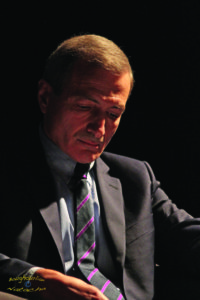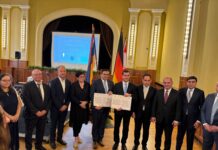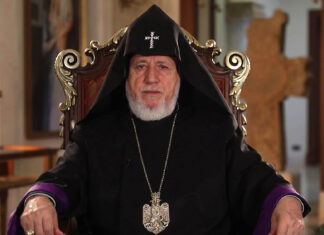By Philippe Raffi Kalfayan
Special to the Mirror-Spectator
Modern Armenia may be facing one of the most dangerous periods since its creation. This is due to the conjunction of concurrent factors: two years of divisive and hatred speech that results in today’s observed violence and totally divided society, on one hand, and the coronavirus pandemic crisis and its subsequent ineluctable economic wildfire for economies world-wide, rising international tensions and threats of global war.
Two years after the so-called “Velvet Revolution,” the country appears more weakened than ever, while it will be subjected to a terrible economic shock, with no significant assistance to be expected from superpowers. Borders will remain closed to migrants, countries will conduct protectionist policies and most dependent and poor economies may collapse.
The situation must be assessed immediately by all political and responsible forces of the country. Consultations must be held inclusively, and not limited to parliamentary forces. This unprecedented situation implies talking about domestic and economic issues, and then foreign threats. It requires exceptional courage to confront and manage the internal and external challenges.
The worldwide coronavirus crisis precipitates the moment to make radical changes in policy and elaborate urgently an emergency plan to face the situation. Armenia encountered such difficult times at the beginning of the third republic in the 1990s that it has some experience and may succeed in this new test if some conditions are restored.








